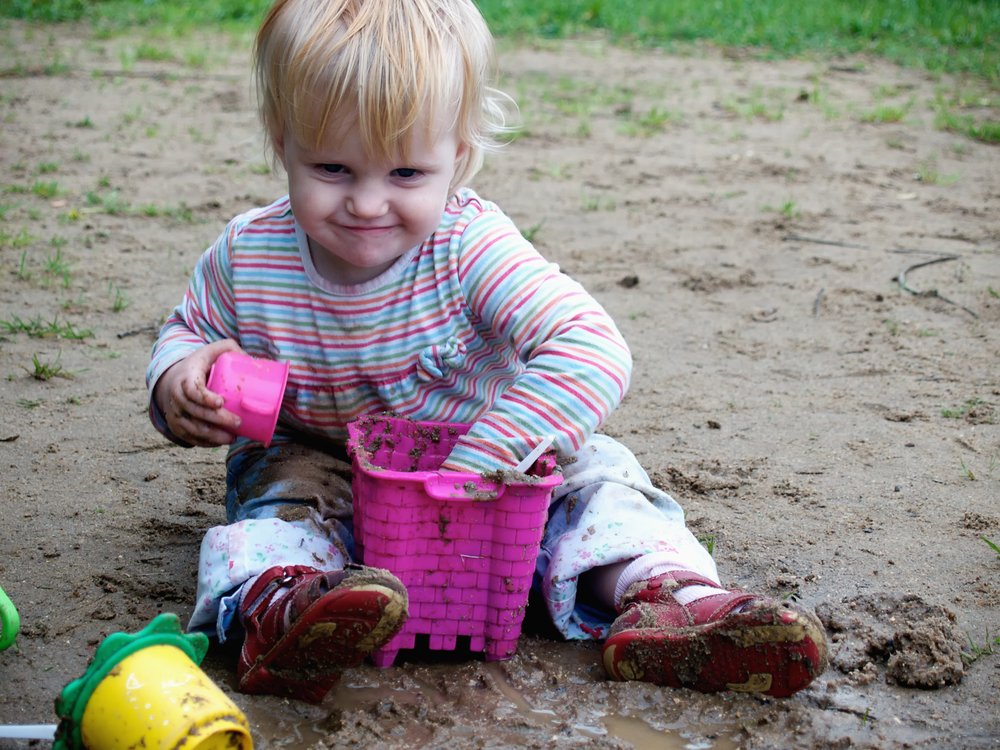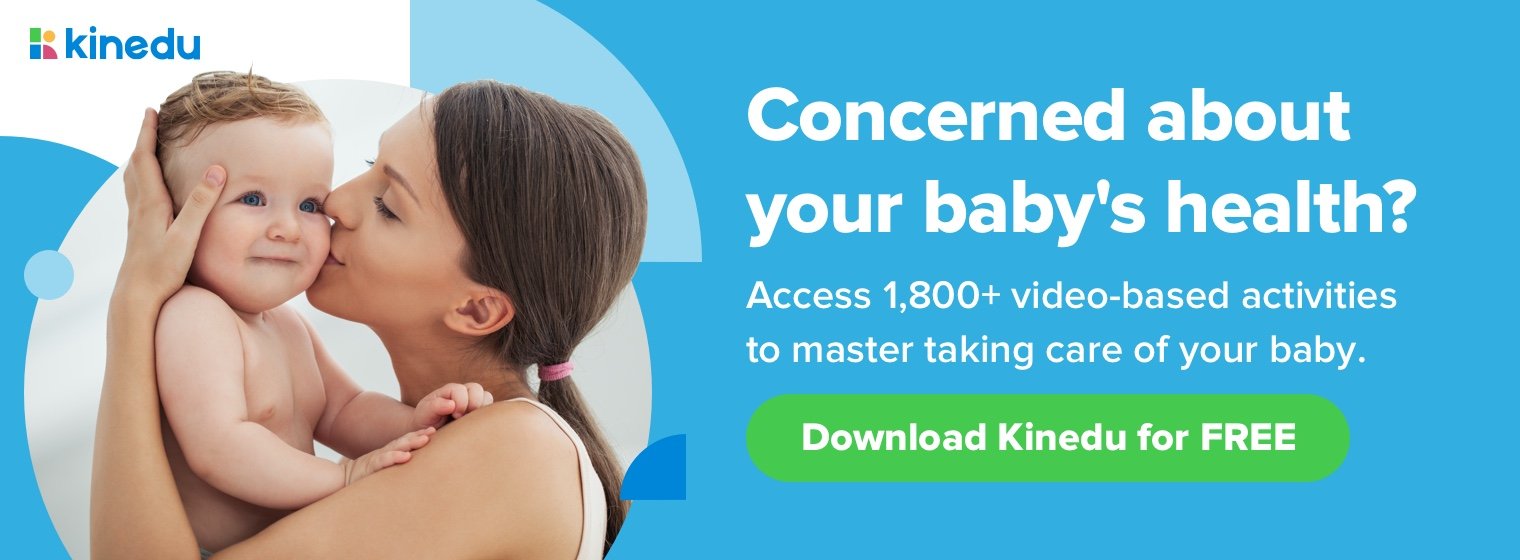Key points:
1. Babies explore by putting dirt or sand in their mouths, which is normal development.
2. Ingesting dirt or sand can actually bolster a baby’s immune system and prevent future issues.
3. Outside, take precautions against harmful objects or bacteria, especially with pets or fertilized soil.
4. If a baby ingests dirt or sand, it’s usually not a concern; their body can handle it. Only contact a doctor if severe symptoms like prolonged vomiting or diarrhea occur.
Now, despite having your home baby-proofed, when your little one is outside in contact with dirt or sand, they’ll probably have a handful of it in their mouth before you can stop them. Although you may try to clean as much as possible from their hands and mouth, the damage is already done, your baby ate sand and it’s in their stomach. This leads to the following questions: Will it hurt my baby? And, what can I do?
My baby ate sand, now what?
You have probably noticed that any object your baby grabs goes directly into their mouth. This is a completely normal part of a baby’s development; this is how they explore and learn about different objects. Also, your baby is now probably highly mobile and has access to many parts of the house. Therefore, it is very important to verify that no harmful objects are at your little one’s reach.
Eating dirt or sand can be harmless, in fact, it can help strengthen your baby’s immune system. Our immune systems are strengthened through experience. Therefore, we should not be obsessed with having our home completely germ-free. Exposures to these bacteria prevent future problems like allergies or asthma.
Precautions when your baby is on the ground
Now, this doesn’t mean that your baby can eat dirt whenever they want, you need to take some precautions when taking them outside. If you have pets or if animals usually walk through the area in which you are, it’s important to verify that there are no feces where your child plays. Similarly, fertilized soil may have bacteria that can cause digestive discomfort. If your baby is on the beach, make sure no seaweed or small shells are around them; if you go to a public sandbox, previously verify that the sand is free of debris, stones, and cigarette butts.
If your baby ate sand or a little dirt, don’t worry too much about it. Their immune system will probably benefit from it, and there’s no need to contact your doctor. If your baby gets a stomach ache, their body will most likely take care and dispose of the bacteria. But if your baby is vomiting or has prolonged diarrhea, it’s a good idea to contact your pediatrician.









7 Responses
Its good
Hi sir my 8 months baby unexpectedly eat some back colour sand i think name is msand. Morning fever came to my son. It will affect my baby lungs or stomach
Hello, Selvi! If your baby has a fever, I suggest you to watch his symptoms closely and call your pediatrician.
My 7 month old baby ate compost sand. Is that harm??
Hi Jenany, we recommend to check this with your healthcare professional, giving out details about the compost.
Hi there apparently my sunnies almost 3 years old and he’s eating a load of soil biting walls instance I need your help
Hi! If your baby eats a little dirt, don’t worry too much about it. His immune system will probably benefit from it, and if your baby gets a stomach ache, his body will most likely take care and dispose of the bacteria. You can still contact your doctor, especially if your little one is vomiting or has prolonged diarrhea. On the other hand, it also depends on where the soil and the walls are located, due to our current situation, we have to be a little more careful about germs, viruses, and bacteria than what we mention in this article. If he is eating things outside your home, it can be a cause for concern due to the current pandemic. To eliminate the habit, you can try to distract him when he is about to do it or even help him find a replacement like listening to music or even talking to him in a calm voice can help him self-soothe.